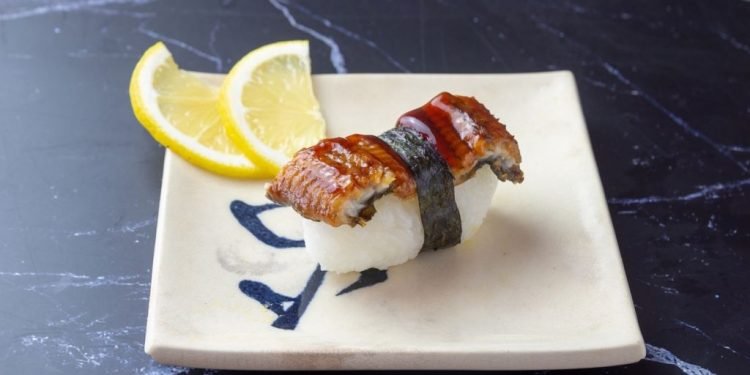ad_1]
Cell cultured seafood produced with the identical vitamins and texture has been developed by patented organoid expertise.
Beforehand utilized in developmental biology, drugs and analysis, organoids are stem cell-derived, three-dimensional tissue constructions that, when utilized in cell-cultured seafood merchandise, require solely a minimal quantity of development components.
Forsea Foods Ltd., has introduced it’s starting its actions by focusing on the provision gaps within the eel meat market and says it may well now relieve the bottleneck in provide.
The organoid strategy
Developed by Iftach Nachman, co-founder of Forsea, the organoid strategy to forming fish tissue entails creating a super atmosphere for fish cells to spontaneously type their pure composition of native fats and muscle. They develop as a three-dimensional tissue construction in the identical method they might develop in a residing fish.
Nachman stated: “Whereas cell cultivation largely focuses on a system of directed differentiation, the place cells are signaled to distinguish into a particular cell sort and are then mixed on a scaffold, our system grows the mixture of the assorted cells already on the preliminary stage of the method.
“The cells arrange themselves autonomously into their innate, purposed construction, simply as in nature.”
The result’s sustainably-produced cultured seafood that embody the identical style and textural traits as their ocean-caught counterparts. Not like these counterparts, nevertheless, the ensuing product is free from potential pollution corresponding to mercury, industrial chemical substances, and microplastics.
Dietary profile
Forsea stated that they can even yield the identical dietary profile as traditionally-raised seafood.
“This can be a perform of the way you nourish the cells,” stated Roee Nir, a biotechnologist, CEO and co-founder of Forsea.
“There are a number of advantages to the organoid methodology of cell cultivating fish,” Nir provides. “First, it’s a extremely scalable platform that bypasses the scaffolding stage and requires fewer bioreactors. This makes the method a lot less complicated and more cost effective. Moreover, it dramatically reduces the quantity of expensive development components wanted.”
Nurtured by the The Kitchen FoodTech Hub, the start-up was shaped final October, with an preliminary injection of capital assist from the Israeli Innovation Authority (IIA) and the Strauss-Group.
The brand new enterprise introduced collectively Nir, Nachman, and Yaniv Elkouby, a senior researcher on the Hebrew University of Jerusalem and knowledgeable in cell developmental biology who devoted quite a few years learning piscine biology.
World demand projected to double
Vp of The Kitchen Hub, Amir Zaidman, stated: “The demand for seafood is exhibiting no indicators of slowing down.
“In truth, international demand is projected to virtually double by 2050. However we’re quickly approaching the purpose the place there’ll merely not be sufficient fish within the sea to maintain the worldwide group.
“Forsea’s modern new cultivation platform has the potential to deliver constructive disruption to this paradigm by offering a clear, nutritious, scrumptious, and commercially viable various to wild-caught seafood whereas leaving the fragile ocean ecosystem utterly untouched.”











